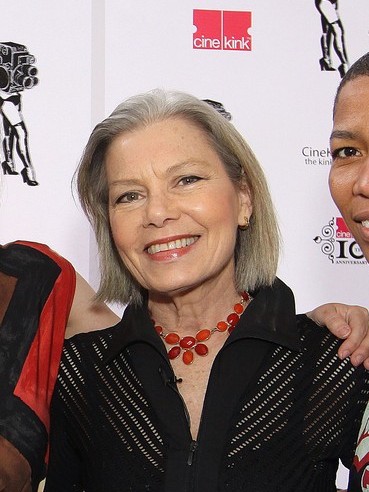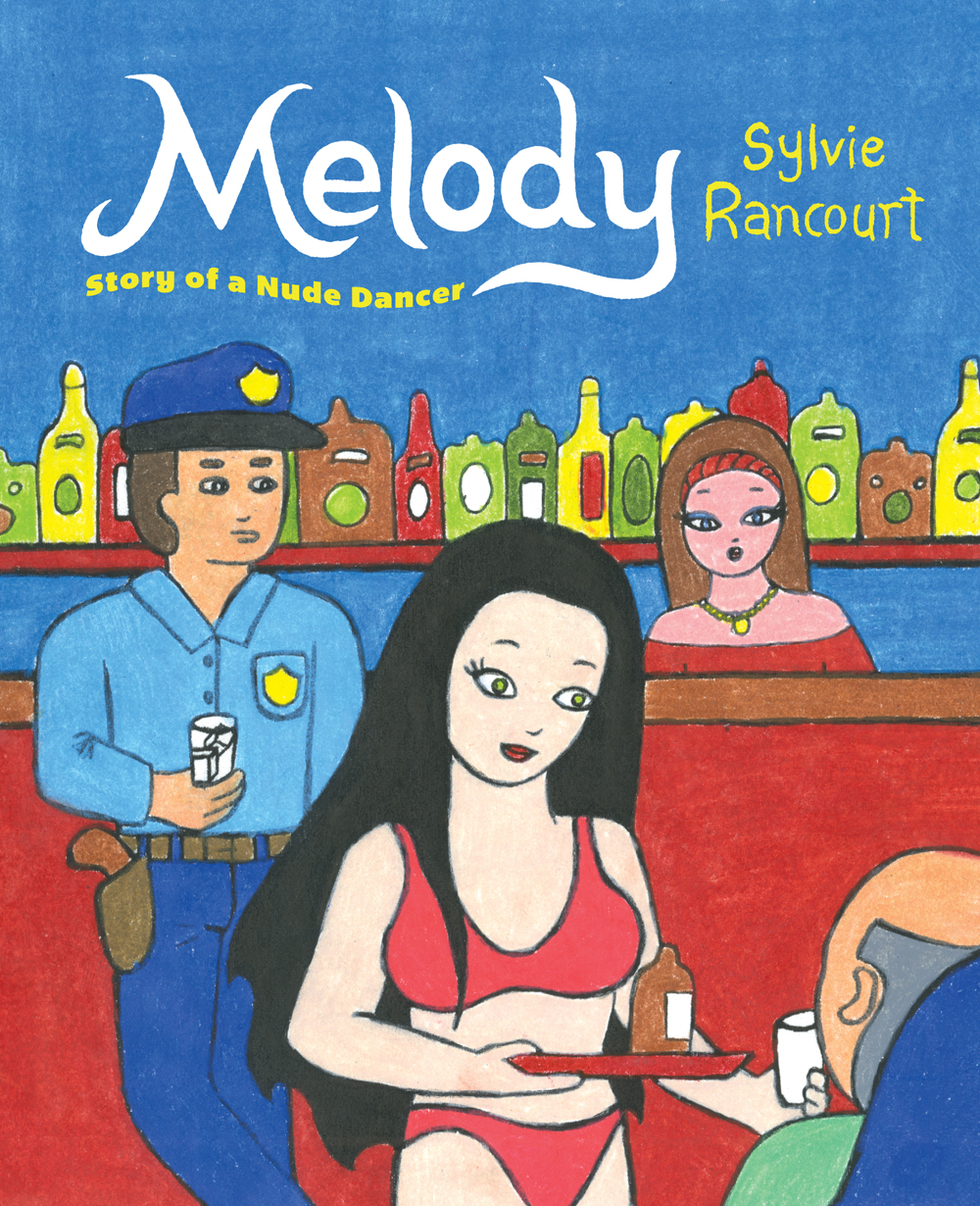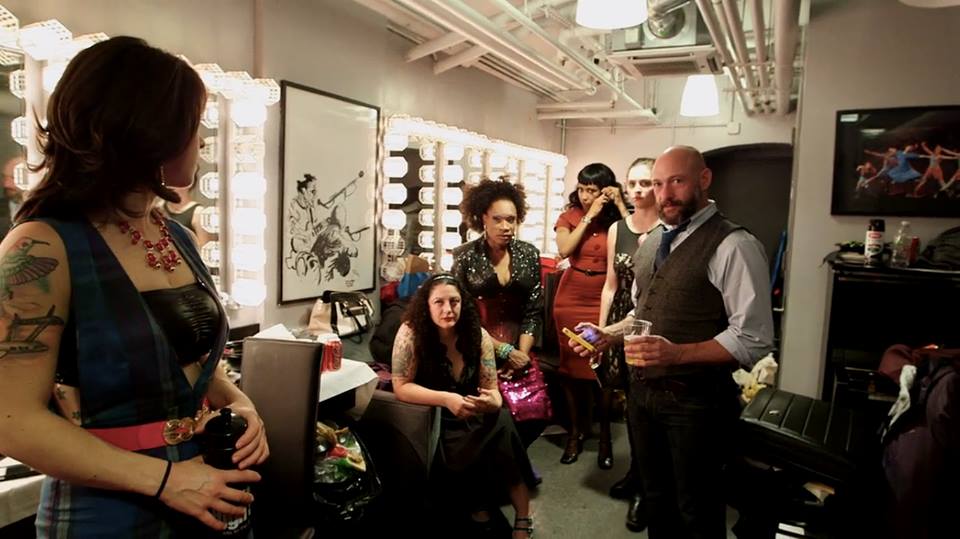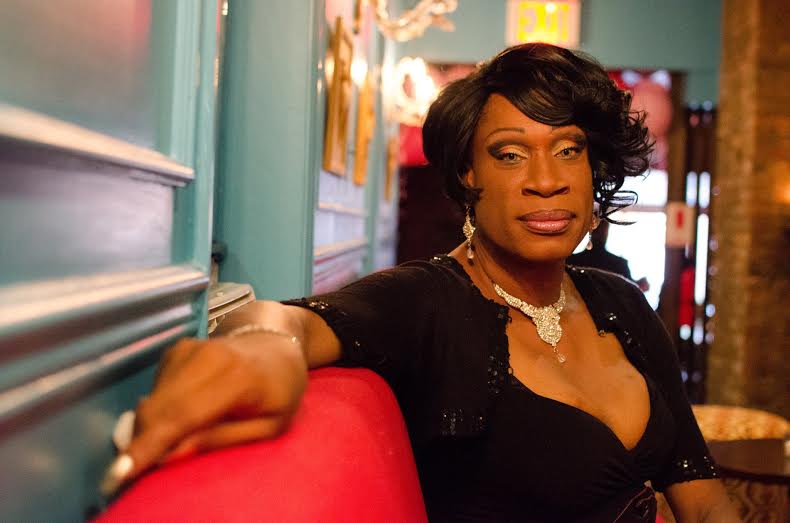“…two years ago when we met at the Dusk Porna Award in Amsterdam. I was baffled to win it and asked Candida onto the stage to join me. After I handed her a bunch of flowers to thank her for all she had done for the sisterhood, I walked off stage, only to be called… Continue reading Quote of the Week
Look At Her Work: Candida Royalle’s Legacy
Candida Royalle was born in 1950 to a New York City that, to her, appeared buttoned-up and fucked-up about sex. She left that city, and the world, for good just a few days ago after several years of wrangling with ovarian cancer. Following in her musician father’s footsteps, Royalle pursued an arts education, funded first… Continue reading Look At Her Work: Candida Royalle’s Legacy
Melody: Story of a Nude Dancer (2015)
Melody: Story of a Nude Dancer is one of the first autobiographical graphic novels ever published in Canada. The author and artist, Sylvie Rancourt, was a stripper in Montreal in the 1980s. She would write, draw, print, and distribute her comics in the clubs where she danced. Badass, right? In spite of my recent attempts… Continue reading Melody: Story of a Nude Dancer (2015)
The Month in Links: Summer In Review Edition
Week in Links has been on hiatus. It’s come back to you in a new form: Month in links! This is gonna be good, you’ll see. In the meantime, momentous things have happened! In August, despite protest from such well-educated and experienced sex workers and sex work researchers as Lena Dunham, Anne Hathaway, and Meryl… Continue reading The Month in Links: Summer In Review Edition
Activist Spotlight: Ceyenne Doroshow on The Red Umbrella Diaries, Recipes, and Resilience
Ceyenne Doroshow originally made a name for herself on stage as one of the seasoned performance artists and audience favorites of the Red Umbrella Diaries’ storytelling nights. She is featured as one of seven sex workers who tell their story on the newly released documentary The Red Umbrella Diaries, which will have its world premiere… Continue reading Activist Spotlight: Ceyenne Doroshow on The Red Umbrella Diaries, Recipes, and Resilience




